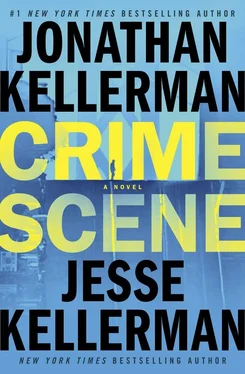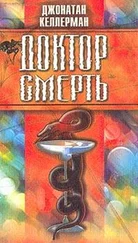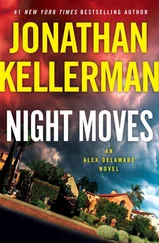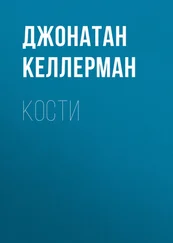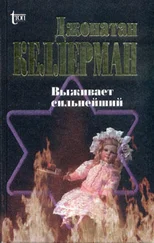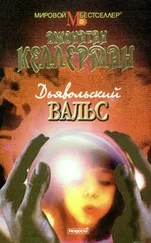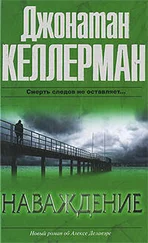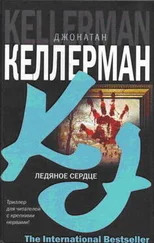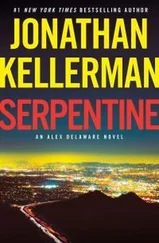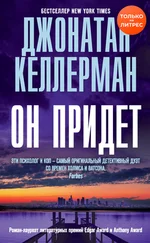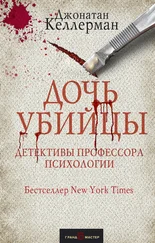I gave him my data and said we’d be there soon.
“Cheers.”
I rang off, got up, stretched. On the other side of the cubicle wall, Zaragoza had opened up Google Images and was scrolling through a ghastly catalog of tumors.
“You coming?” I asked.
He shuddered and closed the browser.
I think about the dead, wherever I go. It’s inevitable. In eight hundred square miles, there’s pretty much no place untainted in my memory by death.
A bend in the freeway and I reflexively slow to avoid the invisible lump of a woman who leapt from the overpass, causing the nine-car pileup and five-hour traffic jam that would become her legacy.
The motel in Union City where a tax lawyer’s celebration of his impending divorce ended in a speedball overdose.
Certain blocks in Oakland: take your pick.
It’s not that I’m haunted. More like I never quite manage to feel alone.
The work clings to us in different ways. That’s how it is for me. Zaragoza, he gets hantavirus, or flesh-eating bacteria, or whatever.
“Lymphoma,” he said, thumbing his phone. “Fuck, I didn’t even consider that.”
“I still get your Xbox, right?”
“Yeah, fine.”
“Lymphoma it is, then.”
Propped on the dash, my own phone instructed me to exit the 13 and continue onto Tunnel Road, skirting blind driveways drowned in redwood shadow. A hard yellow at the entrance to the Claremont Hotel had me stomping the brake, causing the gurneys in back to rattle around unhappily.
Pairs of wide-set brick columns marked the southern edge of the neighborhood, stern iron gates left open in a gesture of generosity. The homes beyond were tall and bright and stately, weathered brick and wood shingling, thoughtful drought-tolerant landscaping. A sign encouraged me to drive like my grandkids lived there. I saw a Volvo with a roof-mount bike rack, bumper sagging under several elections’ worth of stickers. I saw a Tesla and a seven-seater SUV shouldering together in the same driveway, a winking attempt to acknowledge and then ignore the distinction between living well and living good.
“You know it around here?” Zaragoza asked.
He meant from my student days. I shook my head. Back then I hardly left the safety of the gym, let alone ventured off campus. I’d never come in a professional capacity, either.
Bonaventure Avenue meandered east for three hundred yards, narrowing to a single lane that terminated in a cul-de-sac plugged up by residents’ vehicles, two Berkeley PD cruisers, and a full hook-and-ladder. Backing the truck out was going to be a pain in the ass.
Three houses clumped on the south side of the street, along the gentler downhill slope. To the north, a towering Spanish was set high atop a knob of bedrock, accessible via a long, steep driveway lined with crushed stone. At the crest I could make out the boxy silhouette of an ambulance, flashers on.
I eased the van up the driveway, which widened to a fissured asphalt parking area forty feet square and hemmed in by conifers. Aside from the ambulance, there was a third cruiser and a silver Prius, leaving me inches to slot the van parallel to the entrance portico. The secluded neighborhood and the layout of the property meant we had the scene pretty much to ourselves. Good: no one enjoys crowd control.
We got out of the van. Zaragoza began taking flicks of the exterior.
In the far corner of the parking area stood a stick-straight, slender woman in her twenties, the sole civilian among a dozen emergency responders. She wore black yoga pants and a lightweight gray sweatshirt, one shoulder fallen to reveal a teal tank top beneath. Down her neck lay a bundle of lacquered black hair; her throat was concave, her posture so impressive that she appeared to dwarf the female patrol officer standing with her, though they were about the same height. A patchwork handbag slouched against her calf. She had a hand up against the sharp, slanting light, obscuring her eyes, so that I saw only cheeks, smooth and contoured nicely and slightly smoky. Beveled lips pursed and relaxed, as if sampling the flavor of the air.
She turned and stared at me.
Maybe because I’d been staring at her.
Or I didn’t matter at all, and she was looking past me, at the van — the gold lettering, the finality. Ambulance arrives: you hope. Cops arrive: you keep hoping. When the coroner shows up, you lose all rational room for denial. Though that doesn’t stop some folks.
No. Not the van. Definitely looking at me.
A wiry redheaded guy in a black BPD polo shirt cut between us.
“Nate Schickman,” he said. “Thanks for coming.”
I said, “Thanks for leaving the driveway open.”
We didn’t shake. Too casual, with kin looking on. There’s no class, no textbook, on how to act in the presence of the bereaved. You learn the same way you learn anything worthwhile: by observing, employing common sense, and screwing up.
You don’t crack jokes, obviously, but neither do you go overboard with grim sympathy. That’s false and it reeks. You don’t say I’m sorry for your loss or I’m sorry to inform you or any version of I’m sorry. It’s not your place to be sorry. To claim sorrow on someone else’s behalf is presumptuous and, occasionally, dangerous. I’ve had to notify families whose sons have been killed by the police. Do I tell them I’m sorry? They don’t care that I’m not the cop who pulled the trigger or that I belong to an entirely different department; that I’m the one charged with caring for their child’s physical remains. When it’s your kid, a uniform is a uniform, a badge is a badge.
Remember where we are, too. Nobody in the Bay Area likes cops.
“That’s the daughter,” I said.
Schickman nodded.
“How’s she holding up?”
“See for yourself.”
Tatiana Rennert-Delavigne didn’t appear hysterical. She had stopped watching me and turned away, wrapping her free arm around herself like a sash, self-soothing. She was nodding or shaking her head in response to questions posed by the patrol officer. That she was not crying or screaming did not, to my mind, make her any more or less credible. Nor did it make her suspicious. Grief finds a broad spectrum of expression.
I told Schickman I’d be back in a second and headed over to join the conversation.
The patrol officer angled out to admit me. Her name tag said HOCKING.
“Pardon me,” I said. “Ms. Rennert-Delavigne?”
She nodded.
“I’m Deputy Edison from the county Coroner’s Bureau. My partner over there is Deputy Zaragoza. I’m sure you have a lot of questions. Before we get started, I wanted to let you know exactly what our role is and what we’re going to be doing here.”
She said, “Okay.”
“It’s our responsibility to secure your father’s body. We’ll go inside the house and assess the situation. If there’s need for an autopsy, we’ll transport him so that can get done as quickly as possible. I’ll let you know if that’s going to happen so it’s not a surprise to you.”
“Thank you,” she said.
“Meanwhile, do you have anyone you can call, who can come be with you?” I noticed, in the moment before she cast them down, that her eyes were green. “Sometimes it can help not to be alone.”
I was waiting for her to say my husband or my boyfriend or my sister.
She said nothing.
“Maybe a friend,” I said, “or a clergyperson.”
She said, “How do you decide if an autopsy is necessary?”
“If we have any reason at all to believe that your father’s death wasn’t from natural causes — an accident, for example — then we’ll do one.”
“What are the reasons you’d believe that?”
Читать дальше
